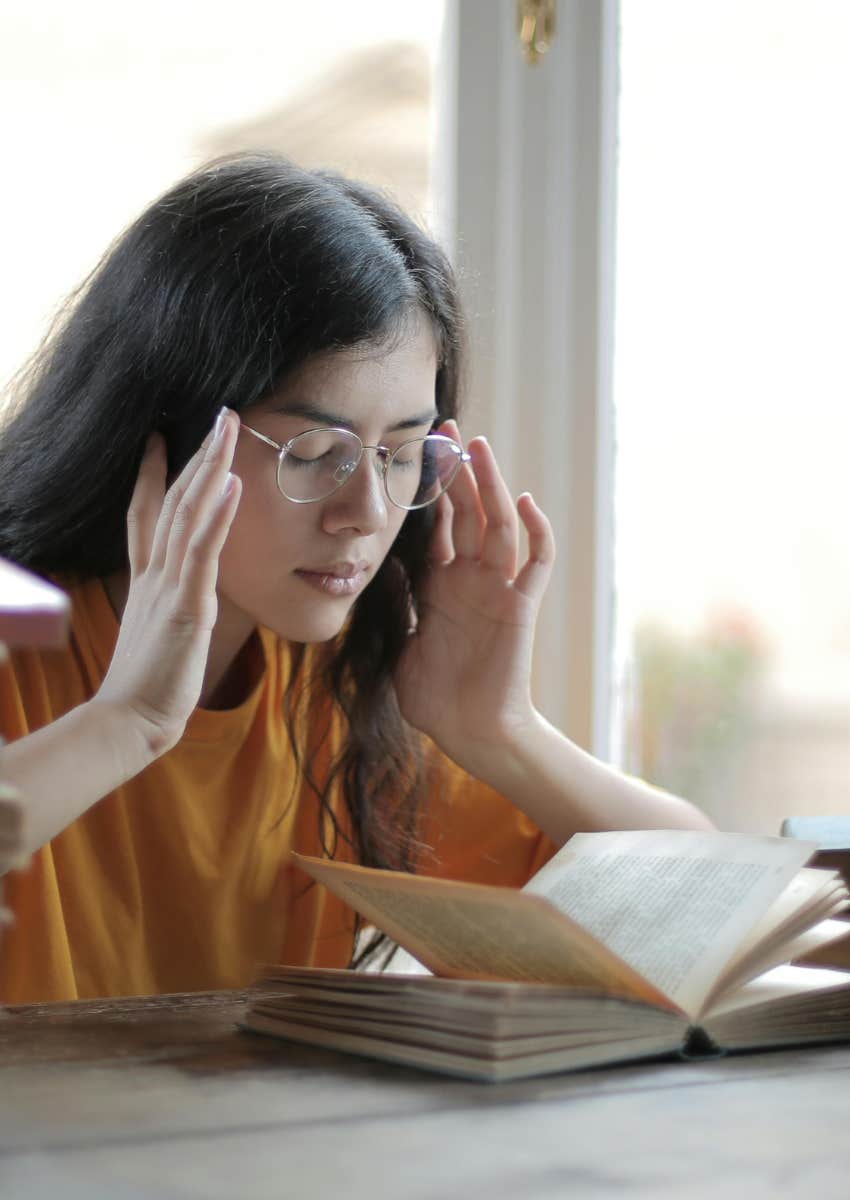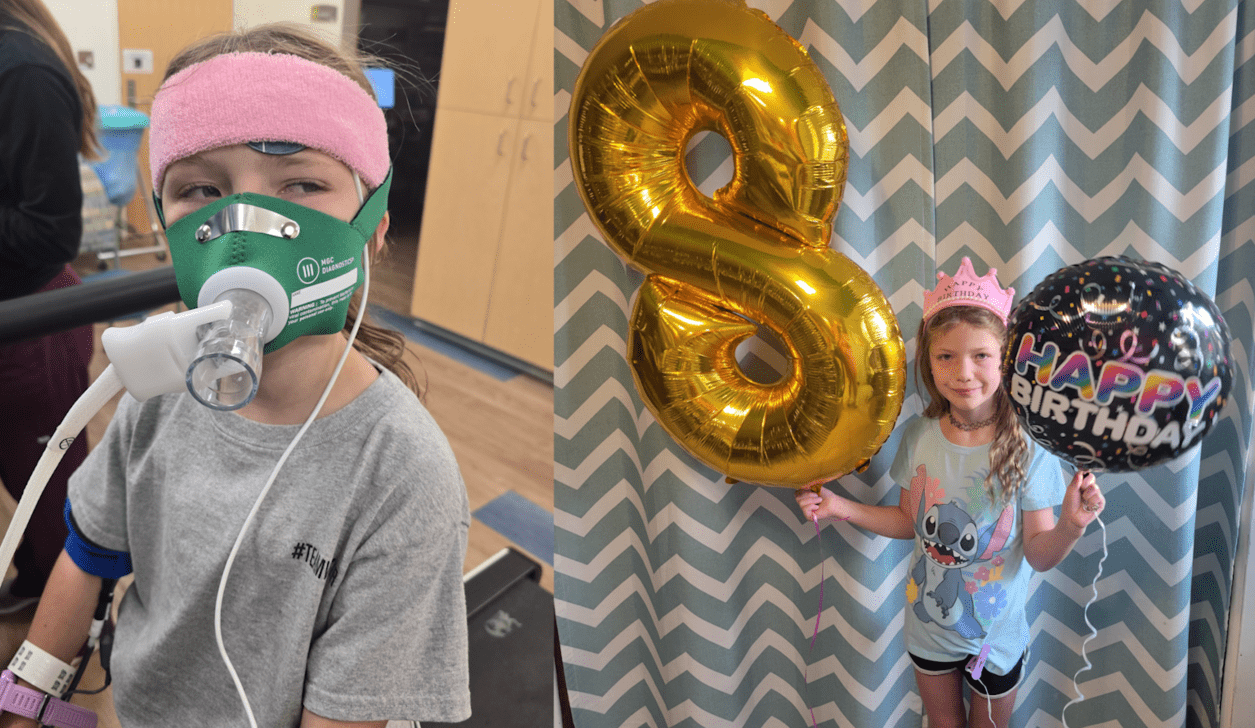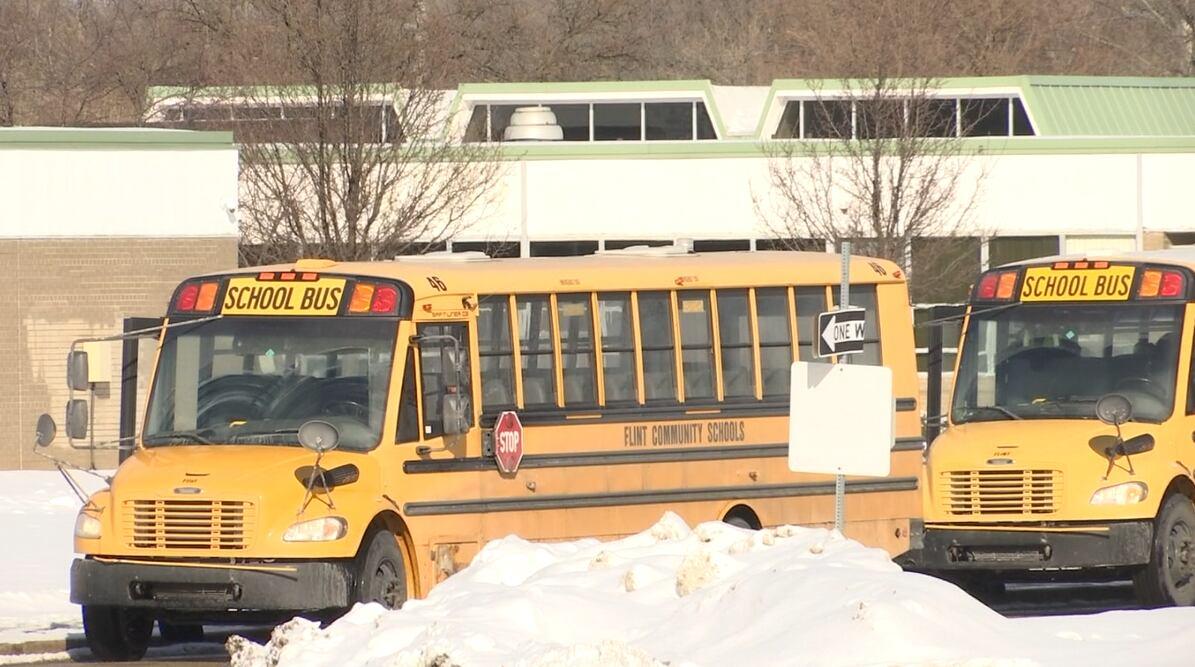Students Avoid Schoolwork Due to Anxiety
Anxiety among children is becoming increasingly common, and it’s a growing concern for parents, educators, and mental health professionals. According to the Centers for Disease Control and Prevention (CDC), 21% of children between the ages of 3 and 21 have been diagnosed with a mental health condition. This statistic highlights the need for better understanding and effective treatment strategies.
In previous generations, children who experienced anxiety were often told to simply “deal with it.” However, today’s approach involves providing accommodations at school for students with anxiety. While this may seem like a supportive measure, some experts argue that these accommodations could be doing more harm than good.
Some students with anxiety have as many as 20 different accommodations designed to help them in school. This practice has sparked debate among educators and psychologists. An op-ed by Ben Lovett and Alex Jordan, originally published by the Boston Globe and later shared by Columbia University’s Teachers College, addresses this issue. Lovett is a professor of psychology and education, while Jordan is a psychologist and lecturer. They argue that many of these accommodations are “avoidance-based,” meaning they remove the source of anxiety from the student’s life.

Lovett and Jordan are firm in their belief that this approach is counterproductive. “But as psychologists who’ve studied and treated anxiety for decades, we believe that this approach — eliminating whatever makes students nervous — is making the problem worse,” they wrote. “Here’s why: Anxiety feeds on avoidance.”
They explain that the standard treatment for anxiety is exposure therapy, which involves gradually exposing the patient to what causes them anxiety. Avoidance, on the other hand, only provides temporary relief and does not address the root of the problem. This can lead to a cycle where the anxiety becomes more severe over time.
Other educational leaders share similar concerns. Justin Baeder, Ph.D., an education philosopher and author known on TikTok as @eduleadership, responded directly to the op-ed by Lovett and Jordan. He agrees that allowing anxious students to avoid their fears creates a harmful cycle. “Like, if you have anxiety about public speaking, well, public speaking is not actually harmful,” he said. “It’s not actually dangerous. And you are accommodated in that anxiety by getting out of public speaking … that is going to harm you as a student, and reinforce the idea that you can’t do it, that you don’t have what it takes, that the situation is just unmanageable.”
Baeder emphasizes that avoiding challenges hinders a student’s growth. “What we’ve got to remind ourselves of is that students are capable,” he insists. “Students do rise to challenges. And students need to be challenged in order to get an education.”
It’s possible that some students are conflating nervousness with anxiety. A TikToker commented on Baeder’s video, stating, “The word ‘nervous’ has been replaced with the word ‘anxious.’” This observation raises an important point. True anxiety is a mental health condition that often requires professional treatment. However, in a world where children may be coddled more than previous generations, it’s easy for them to mistake normal nervousness for anxiety.
Counselor Sheryl Ankrom, MS, LCPC, explains the difference between the two. “Nervousness is a natural reaction to a stressful situation. It usually hits when you face a new or important challenge, such as taking an exam or giving a presentation to a room full of people,” she said. “Anxiety, on the other hand, is something you deal with on an ongoing basis. You live your life in what feels like a constant state of dread, and you struggle to calm yourself.”
Even if kids aren’t confusing nervousness and anxiety, exposure therapy remains the most effective treatment. According to the Cleveland Clinic, “Studies show that exposure therapy helps over 90% of people with a specific phobia who commit to the therapy and complete it.” Avoidance does nothing to truly help anxiety and can make things worse for these children.
- 100 Soal dan Kunci Jawaban Matematika SMP Kelas 9 Semester 2 Kurikulum Merdeka 2026 - March 2, 2026
- Georgia Dua Hari Jalan Kanker Payudara Kembali dengan Lokasi Baru - March 2, 2026
- Sen. McConnell Hospitalized with Flu-Like Symptoms - March 2, 2026




Leave a Reply